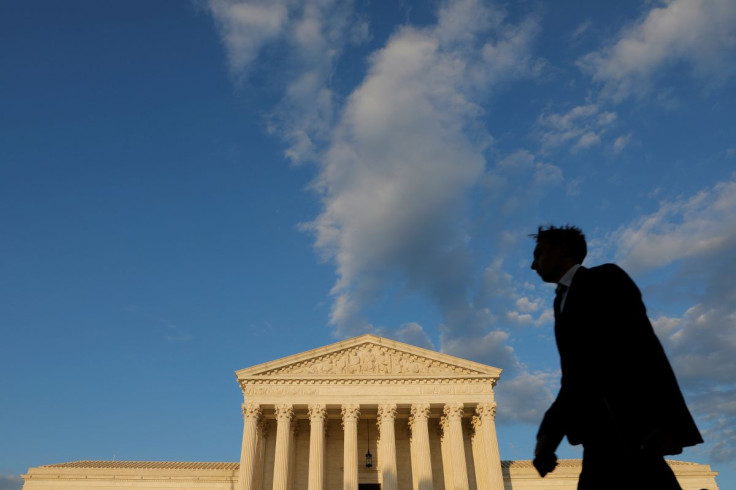Is America Losing Its Supreme Advantage Of Freedom Of Choice?

Of all the advantages that make the U.S. an ideal place to pursue the dream of success and happiness, one stands out: freedom of choice in private and public life.
But over the last five decades, American confidence in government institutions has eroded. According to a recent Gallup survey, it dropped from 48% in 1979 to 27% in 2022. Moreover, the decline has been more precipitous in the last two years, from 36% in 2020 to 27% in 2022. And it's broad, dropping for 11 out of 16 institutions ranked.
What's driving this erosion in confidence? A big decline in the confidence in the Supreme Court and the executive branch.
"The largest declines in confidence are 11 percentage points for the Supreme Court -- as reported in late June before the court issued controversial rulings on gun laws and abortion -- and 15 points for the presidency, matching the 15-point drop in President Joe Biden's job approval rating since the last confidence survey in June 2021," according to a note that accompanied the Gallup survey.
While surveys are valuable tools for learning what the public thinks about social issues, they have several limitations, like the context they are conducted, the size and the nature of the sample, and the way questions are posed by interviewers and perceived by interviewees. That's why survey findings should be interpreted with caution.
Are Americans losing their freedoms? Experts are divided.
"The short answer to this is 'yes,' but I'm not sure many Americans truly realize what the implications of this first round of the Supreme Court's decisions mean for the future of not only their own lives, but for democracy itself," Amani Wells-Onyioha, Operations Director at Sole Strategies, told International Business Times in an email. "Over the past few weeks, the Supreme Court has overturned several historic human rights rulings."
Nicholas Creel, an assistant professor of Business Law at Georgia College & State University, is on the same page.
"The latest set of decisions from the Supreme Court, Dobbs in particular, make clear that the long-term implications are dire for our personal freedom," Creel told IBT in an email. "The Court effectively erased the right to privacy, and while they did so by only removing abortion access as a right in the immediate term their legal logic clearly makes it such that other fundamental rights like sexual liberty outside of marriage, access to contraception, and choosing whom you want to marry regardless of their sex are no longer protected."
Gerard Filitti, Senior Counsel at The Lawfare Project, said the recent Supreme Court decisions are a mixed bag for American freedoms.
"Paradoxically, this term's Supreme Court decisions both expand on and restrict our freedoms. In New York State Rifle & Pistol Association, Inc. v. Bruen and West Virginia v. EPA cases, the Court upheld our rights to be unburdened by excessive regulation limiting our constitutional rights," Filitti told IBT in an email.
"In Dobbs, we lost the unfettered right of access to abortion. These outcomes are not incongruous. The nature of our system of government requires our legislative bodies to act - both to codify our rights —such as abortion — and to specifically provide for the regulatory authority. For too many years, we have relied upon activist courts, rather than legislation, to delimit our freedoms and our civil rights."





















